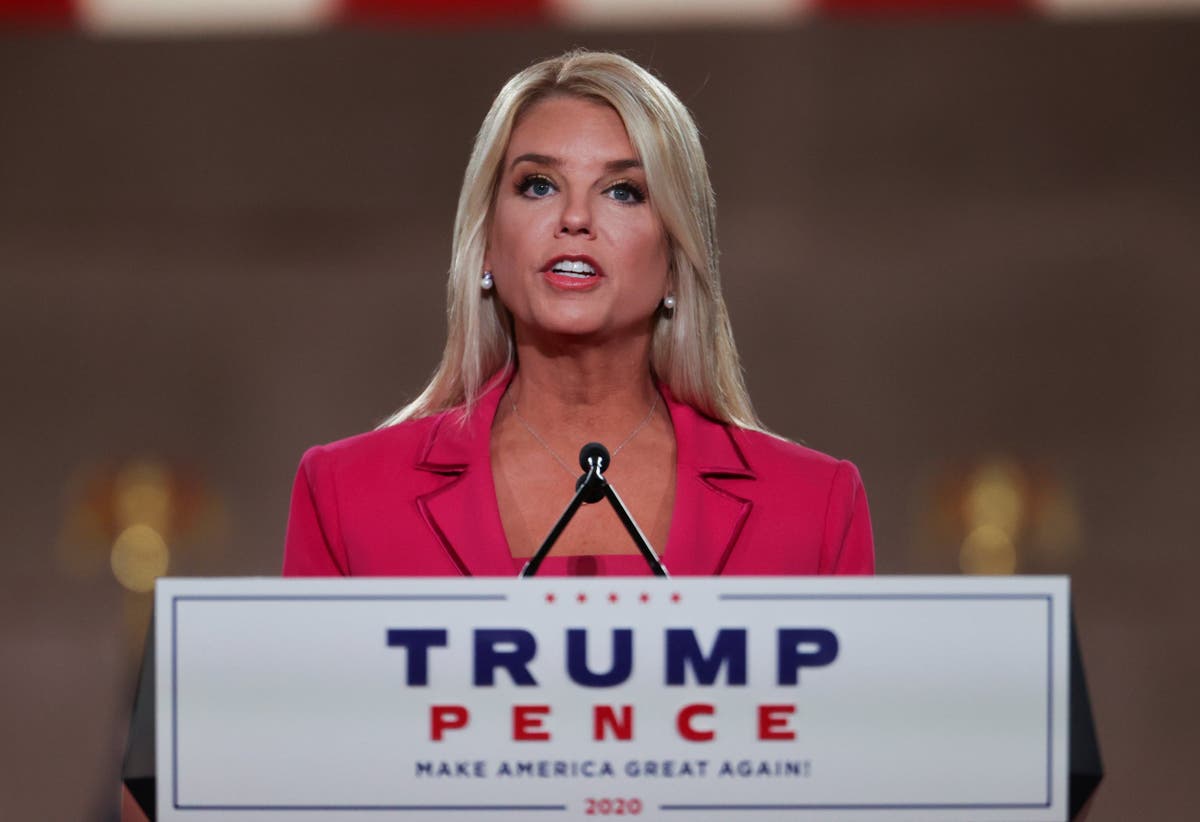
On Facebook, there is a group called “Do You Not Know Who Eric Hitchmough Is?”. The page has almost 40,000 members, and serves as a place for people to post pictures and memes that can be re-captioned with niche, deep-cut lines from the British sitcom The Office . The group is so called for a line in an especially excruciating scene in the first episode of the second series of the show, but if you’re a British man in your thirties or forties, you might know that already.
It’s hard to overstate the influence The Office has had on British culture, and though its brilliance is often occluded by the diminishing returns of the Ricky Gervais canon , The Office – the original UK version – is still one of the most perfect TV shows ever created, and created a tone of comedy that has lived in countless shows and characters for the past two decades. David Brent may be gone, but he’s there in Kerry in This Country , or MC Grindah in People Just Do Nothing . Yet I’ve started noticing that Brent and the Wernham Hogg workforce aren’t part of the comedy lexicon of under-25s, and that seems strangely momentous.
The Office has defined what Britain has found funny for 20 years. So if it loses relevance, what, if anything, swoops in to take its place? For people (mainly men) of my generation, The Office wasn’t just a TV show. It served as a source text for acceptable discourse.
When the show first aired in the summer of 2001 I would have been just 12 years old, so I can’t claim to be an early adopter. And yet at some point in my teenage years the show found me, alongside all of my mates at school. Lifting catchphrases and punchlines from TV and cinema was nothing new, but somehow the lexicon of The Office took hold to the point where, by sixth form, pretty much everything we said was either lifted directly from the script (I had my own copy), or sounded like it could be.
For every action there was an equal and opposite Brent-ish reaction. “It infiltrated lad culture in a way that no other TV show from that era did,” says Tom Jordan, my school friend and fellow teenage Office -obsessive, and now the creative director of comedy at Man Like Mobeen production company Tiger Aspect. “ Peep Show [for example] could have become the thing that lads adopted, but it didn’t.
Whereas The Office became the default way for liberal, laddy groups to talk.” The linguistic influence of The Office is hard to define because it’s as much about physicality and intonation as it is any actual words. It’s in the way someone will offer a poutily nasal “nooo” before jutting their chin inward, or the way they squeeze a smug little “yeah” or “you know” between words, or a long “soooooo” at the end of a sentence that fades with a sickly vocal fry.
It’s in a staccato delivery of three-word clauses and a mumbled punchline, or the sceptically elongated vowels and hard stop of a “weeeeeell, could be”. You know it when you hear it, because it feels like you’re talking to David Brent. Read Next I was a craft beer hipster, until a boring lager changed everything A brotherhood of lazy comedic tics took hold of my generation and didn’t let go.
To this day, at any pub or office across the country, you’ll find young-middle-aged men saying things like “there’s people starving in the world, which I hate” or “keep up the doodling”, and they’ll be happy in the knowledge that they can probably just do that forever and it will always illicit at least a cursory chuckle. But the Wernham Hogg Continuum is starting to fail. We need only cast our minds back to the Brat Summer that was to see how the discourse has moved on.
Much has been made recently of the indecipherable phrases used by generations Z and Alpha, but the rise of “rizz”, “brainrot” and dare I say it, “skibidi”, show that a informal glossary based on the staff of a fictional Slough-based paper company could never hold. It might be that a feeling Jordan talks about, of “getting away with” the sorts of things Brent says, lands very differently with more conscious, thoughtful younger generations. It might be that the global cadences of internet-speak have overtaken those Brent-ish deliveries, or even that the idea of the office itself is more alien now.
Whatever it is, it’s probably for the best. For me, the demise of Office -speak is bittersweet. By no means is it healthy, interesting, or sexy to regularly quote a BBC sitcom 20 years after it finished, but for some men, a strict dedication to the Office lexicon is the closest they’ll ever get to a unique sense of humour.
There must be a social safety in knowing that you can always quote Gareth Keenan , or do Brent’s charity dance and, in some weird way, be accepted. Mainly, though, it’s sad because a thing I think is culturally important doesn’t seem to be relevant to the next generation. Now I know how my dad felt when he tried to get me to love Sergeant Pepper , and I just kept listening to Rage Against The Machine.
But if you want the rainbow, you have to put up with the rain. And do you know which “philosopher” said that..
.?.














